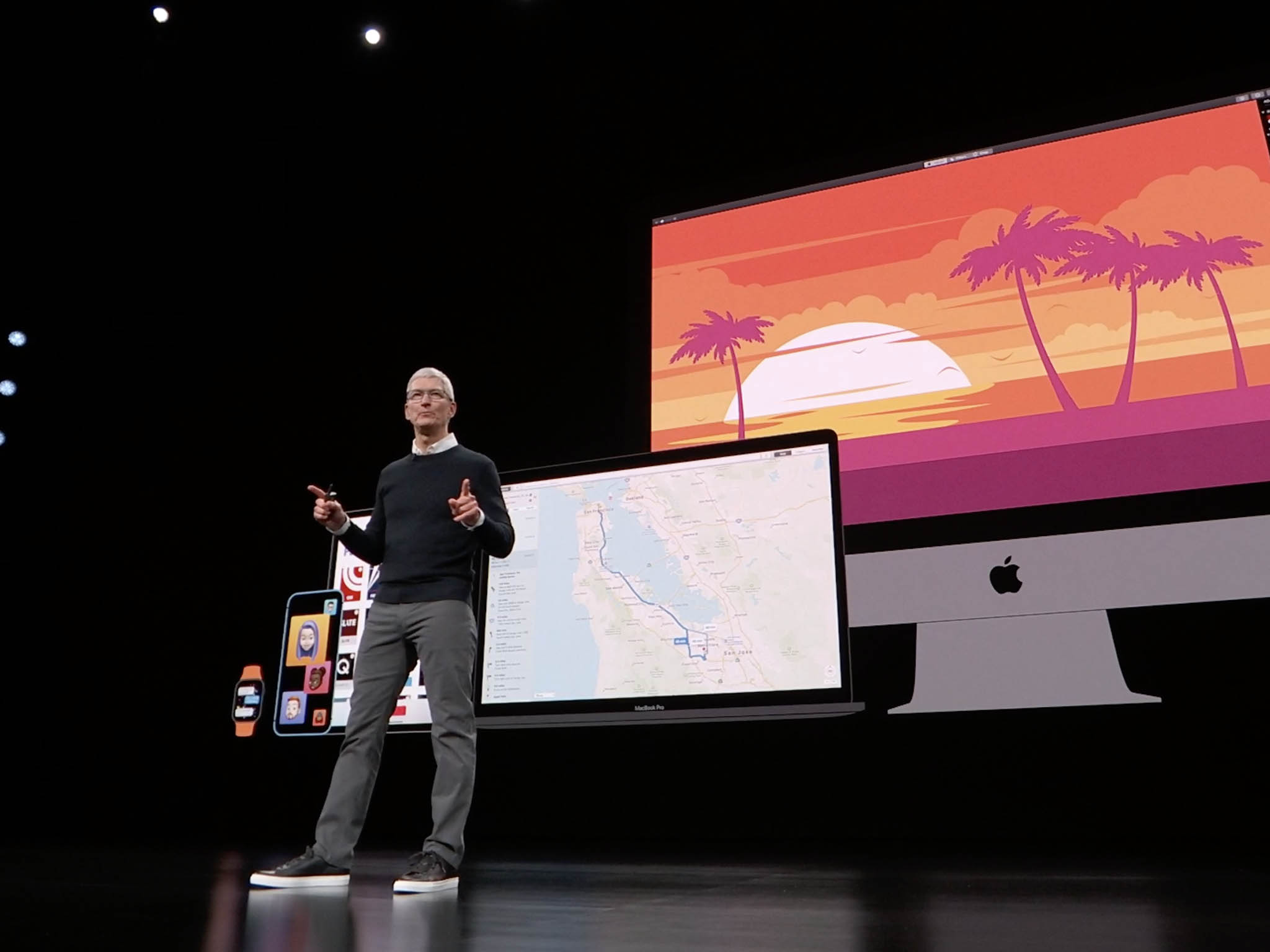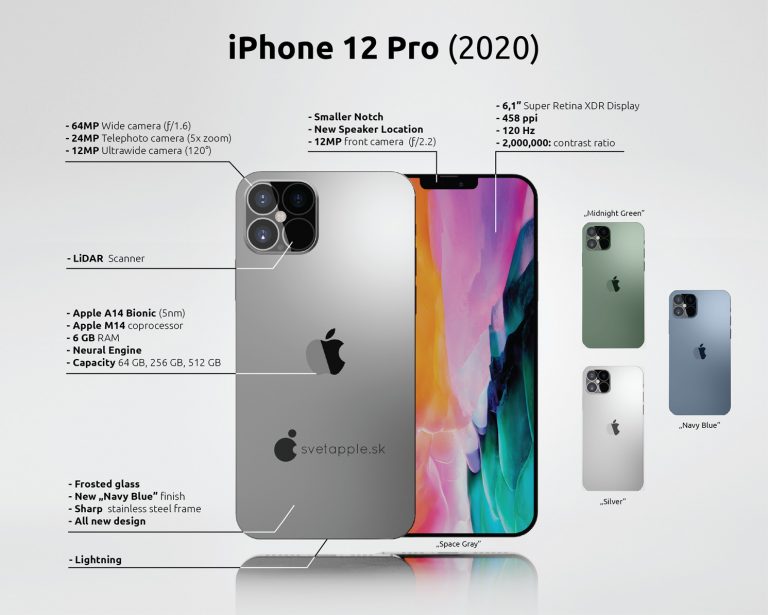One more thing: Leaks and rumors produce hype and don't ruin product announcements.

iMore offers spot-on advice and guidance from our team of experts, with decades of Apple device experience to lean on. Learn more with iMore!
You are now subscribed
Your newsletter sign-up was successful
The 24-hour news cycle that we live in every day extends past "hard news" and makes its way into every publishing industry you can imagine — tech is no different. Everyone is looking to publish the most recent information about every topic they are covering, and people are more curious than ever about getting the absolutely newest information. In the tech publishing space, this translates to leaks and rumors about new products, devices, or services.
There's been an increasing amount of chatter around leaks and rumors for new devices and products being "too revealing" and potentially ruining the official announcement of a new item — I think that's hogwash.
Granted, the very nature of my job is somewhat sustained by leaks and rumors, so clearly, my opinion is colored through that lens; however, I do believe that even as a general consumer that leaks and rumors serve a purpose.
Leaks and rumors produce hype
Of course, if Apple had its way, leaks would never happen. They would have complete control over how the information on new devices would be released on their schedule but don't think Apple doesn't benefit from leaks and rumors as well.
Hype is important for any product, and while hype can come through traditional ads and campaigns, leaks and rumors produce a ton of hype around new devices, and best of all, it doesn't cost anything. Generating hype around a new product is any company's goal, and leaks provide that hyp, albeit in an uncontrolled way. Plus, who doesn't love getting a piece of information they shouldn't really hear? It's a secret, it's taboo, and it's exciting! Whether it's a salacious rumor about someone you know or details about an upcoming phone, it all feels good.
Movie trailer comparison
Imagine that leaks are the trailers, and the Apple launch event is the movie. People often complain that trailers tend to ruin movies, but have you ever thought of why trailers seem to reveal a lot of the plot of the movie? It's because people like knowing what they can expect. You wouldn't want to go to a movie expecting an action film only to be treating to a rom-com, and you don't want to buy a phone that you didn't know anything about and leaks (when they're accurate) help with managing expectations.
Leaks never tell the whole story

Most importantly, leaks and rumors (even the accurate ones) never tell the whole story. Usually, leaks tend to focus on very concrete details, like the screen size, the processor, the way the camera cutout looks, etc. The leaks don't always provide the important context behind the hard numbers and the specs that Apple prides itself on.
iMore offers spot-on advice and guidance from our team of experts, with decades of Apple device experience to lean on. Learn more with iMore!
If you've watched any iPhone launch event, you know that Tim Cook doesn't just throw up a slide with the new iPhone that has all the specs — much like the rumored picture of the iPhone 12 above — and call it a day. Whenever a presenter takes the stage at an Apple event to talk about a new product, they spend a majority of the time on the soft features that leaks don't usually explore. How new features interact with different apps, exactly how the new camera's hardware is used in the software, or how a new service is going to take over an old service. It's these little things that leaks often don't cover that make the Apple events special.
Don't forget, Apple still has surprised us. Whether it's a "one more thing" we didn't expect, or a completely new feature we hadn't heard about, there are a ton of surprises that we don't see coming and that still make the official product launches exciting.
What do you think?
Do you like leaks and rumors, or do you think they ruin the reveal? Let us know in the comments down below!

Luke Filipowicz has been a writer at iMore, covering Apple for nearly a decade now. He writes a lot about Apple Watch and iPad but covers the iPhone and Mac as well. He often describes himself as an "Apple user on a budget" and firmly believes that great technology can be affordable if you know where to look. Luke also heads up the iMore Show — a weekly podcast focusing on Apple news, rumors, and products but likes to have some fun along the way.
Luke knows he spends more time on Twitter than he probably should, so feel free to follow him or give him a shout on social media @LukeFilipowicz.
